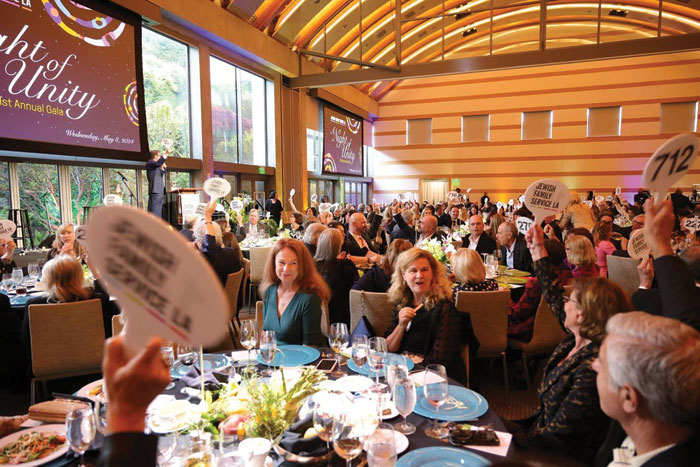I haven’t seen or spoken to my parents for years now. This isn’t because of negligence or lack of caring, it’s that they’re no longer in this world.
Nonetheless, we keep in touch. I guess you could call it a “long-distance” relationship.
With that in mind, I’d like to share something that happened to me this week.
I‘m currently producing a new cartoon series called “Pig Goat Banana Cricket” for Nickelodeon, and I was getting ready to visit our animation studio in Mexico City. A few days before the trip, I walked into the kitchen and saw a strange site: a large Ziploc bag filled with a stack of old passports. They belonged to my parents and grandparents. Amazingly, alongside the passports was a stack of …
Mexican pesos.
That bag had been sitting in a storage box for years. I have no idea why it was unearthed when it was. But there it was, right before my trip — my parents’ passports and a stack of …
Mexican pesos!
We use passports to travel from one country to another. Or from this world to the next, as Rabbi Shlomo Carlebach tells it in “The Munkacher Passport,” an awesome story and a must-listen.
I couldn’t escape the feeling that my parents, in their ongoing love, were giving me spending money for my trip.
But how?
The Talmud teaches that this world and the next are as close as two hairs on a person’s head. As interconnected as one cup stacked within another. Our dimensions intersect. We just don’t have the eyes to see it.
The bills were old, but the man behind the glass partition of the airport’s currency exchange assured me they were still good.
My brother-in-law lives with his family in Mexico City. Before I left, my wife emailed him, asking about kosher restaurants near my hotel. He wrote back impishly with the address of “a restaurant for my soul.” In other words, the location of the nearest shul at the time of morning services.
The truth is I was planning on going to morning minyan anyway, but it was nice to have an address and a time.
One of the wonderful things about being part of the Jewish community is that you can walk into any shul around the world and instantly speak the same language. Walls fall, and you realize the larger Oneness we all inhabit.
But the real reason I’m writing this is to tell you what happened next.
During the prayers, someone came around collecting tzedakah, charity for the poor of the community.
I wanted to give, but I was in a foreign country, so I wasn’t sure what to do.
Then I realized I had my parents’ pesos! I reached into my pocket, took out the bills and gave them to tzedakah.
After the Torah was read, they gave me the honor of gelilah, wrapping the Torah scroll. I learned from Rabbi Shlomo Carlebach that this aliyah is a segula, a blessing to complete projects. How appropriate!
The idea that children can reach to a place in time and space that our parents no longer have access to amazes me. What a privilege it is to be our parents’ hands, and to have the potential to complete what they may have wanted to do but no longer can.
This, of course, goes beyond our parents. It applies to the dreams of all the previous generations who worked and yearned to bring the redemption.
We are their hands. We are their feet.
But let’s go deeper.
The same dynamic that applies to parent and child also applies to us and our own selves.
At High Holy Days, HaShem creates a new us. The previous version of ourself no longer exists.
As such, the new, inspired us has the ability to complete the work that the old us never got a chance to. The new, inspired me can reach to a place (in time and space) and do what the old me may have desired but was never able to accomplish.
That means I can fix my own soul.
May HaShem bless us to see the wondrous completion of our work, of our parents’ work and of the work that all previous generations gave their souls for to bring to reality.
David Sacks produces torahonitunes.com.





















 More news and opinions than at a Shabbat dinner, right in your inbox.
More news and opinions than at a Shabbat dinner, right in your inbox.